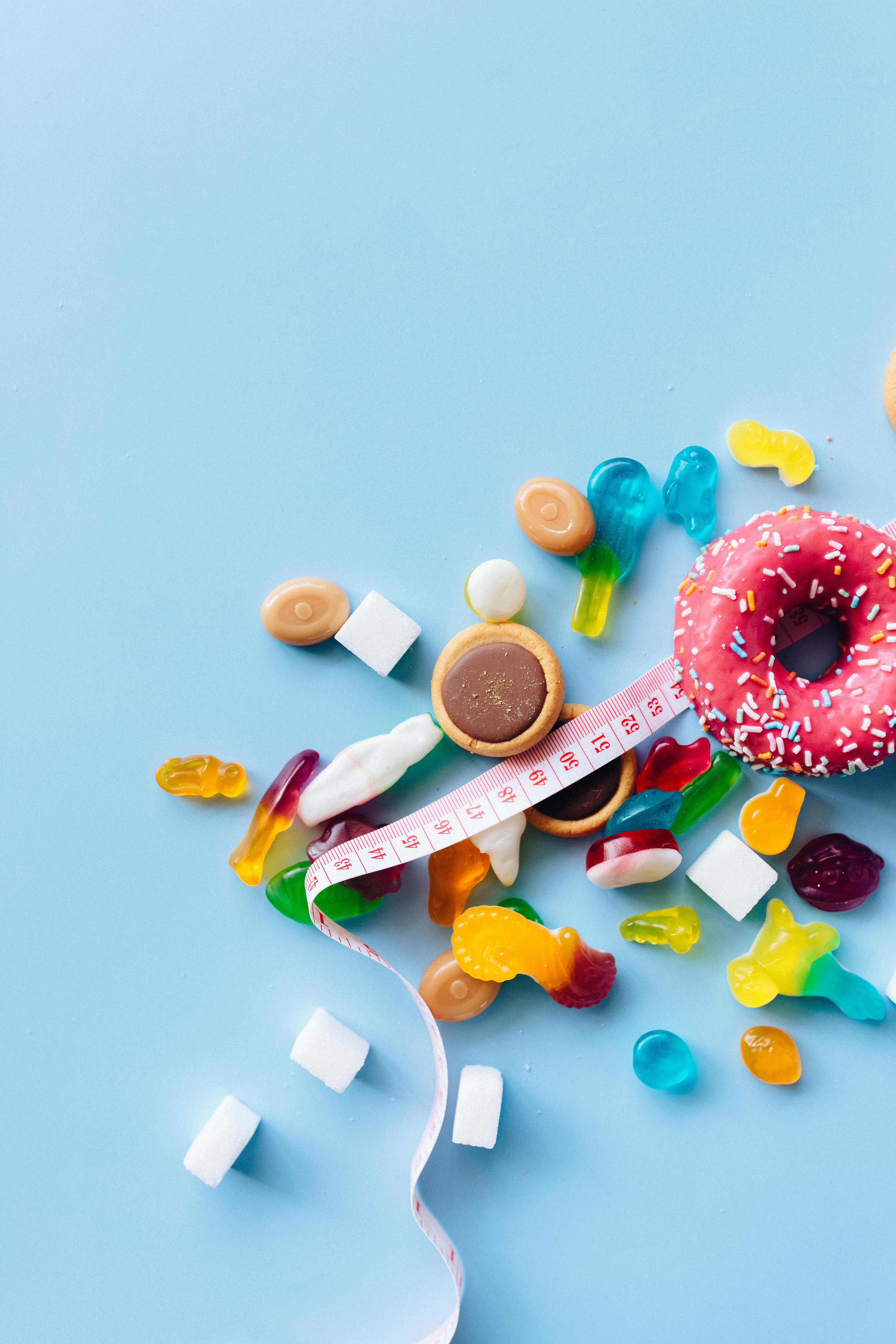Best 5 Diet Tips for Gallstones in 2025: Improve Your Health!

Essential Tips for a Gallstones Diet in 2025
Gallstones are a common condition that can lead to significant discomfort and health risks if not managed properly. As awareness increases around the importance of diet for gallbladder health, many individuals are seeking effective dietary solutions to prevent gallstones. Implementing a gallstones diet involves understanding which foods to include and avoid, as well as employing cooking methods that promote gallbladder wellness. This article presents the best five diet tips for gallstones in 2025, focusing on the latest nutritional research and practical advice to improve your health.
By adopting a gallbladder-friendly diet, you can not only manage gallstones symptoms but also promote overall digestive health. Let’s delve into how dietary modifications can prevent gallbladder attacks and enhance your well-being.
Understanding Gallstones and Their Impact
Gallstones are solid particles that form in the gallbladder, which can lead to pain, inflammation, and other serious health complications. They often develop when there's an imbalance in the substances that make up bile, including cholesterol and bilirubin. Various factors contribute to the risk of developing gallstones, including diet, obesity, and genetics. Understanding the dietary guidelines for gallstones can empower you to manage your health effectively and prevent the condition from worsening.
Key Nutritional Strategies for Gallstones
Nutritional balance plays a pivotal role in gallbladder health. Incorporating a variety of foods that support liver and gallbladder function can help minimize gallstone formation. This includes a focus on fiber-rich foods, lean proteins, and healthy fats while avoiding processed and high-cholesterol items. This article will explore specific dietary recommendations, meal planning tips, and gallbladder-friendly recipes for better management of your health.
Top 5 Diet Tips to Improve Gallbladder Health
1. Embrace Fiber-Rich Foods
One of the most effective dietary strategies for managing gallstones is increasing fiber intake. Foods high in fiber, such as fruits, vegetables, whole grains, and legumes, can aid digestion and support a healthy weight. Fiber helps regulate cholesterol levels, which is crucial for preventing gallstone formation.
Include fiber sources like oats, brown rice, quinoa, and leafy greens in your meals. These foods not only promote regular bowel movements but also contribute to overall digestive health. Aim for a gradual increase in fiber intake to avoid discomfort, and drink plenty of water for optimal hydration.
2. Choose Gallbladder-Friendly Foods
Incorporating gallbladder-friendly foods into your diet can significantly alleviate symptoms and prevent future gallstones. Opt for low-fat dairy alternatives, lean proteins such as chicken and fish, and healthy fats found in nuts, seeds, and avocados. These foods provide essential nutrients without overloading your gallbladder.
For instance, fatty fish like salmon are rich in omega-3 fatty acids, which have anti-inflammatory properties that can support gallbladder health. Spicy foods should be approached with caution; while some people may tolerate them well, others might find they trigger symptoms. Monitoring how your body reacts to different foods can guide your dietary choices.
3. Implement a Low-Fat Diet
A low-fat diet is often recommended for individuals at risk for gallstones. Foods that are high in saturated fats can promote gallbladder inflammation and increase cholesterol levels, leading to gallstone development. Focus on low-fat proteins, whole grains, fresh fruits, and vegetables.
Reduce the intake of fried foods, fatty meats, and high-fat dairy products. Instead, cooking methods like steaming, grilling, or baking are preferable. Reducing your overall fat intake can help maintain a healthy weight, which is essential for gallstone prevention.
4. Stay Hydrated
Hydration plays a critical role in digestion and gallbladder function. Drinking adequate fluids helps maintain bile consistency, which is essential for proper digestion and gallstone prevention. Aim for at least 8 cups of water daily, and consider adding herbal teas or infused water for added flavor and health benefits.
Hydration can also aid in the effective absorption of nutrients and support overall metabolic processes. This is especially important if you are making dietary modifications or introducing more fiber into your diet, as increased fiber intake requires more fluids to facilitate digestion.
5. Avoid Trigger Foods and Emotional Eating
Identifying and avoiding foods that trigger gallbladder symptoms is crucial for managing your condition. Common culprits include high-fat foods, processed snacks, and sugary items. Keeping a food journal can help you recognize patterns and make informed dietary choices.
Emotional eating can also impact your gallbladder health. Focus on mindful eating practices, and find healthier outlets for stress. Engaging in regular physical activity and relaxation techniques can help manage stress levels and prevent dietary-related health issues.
Nutritional Guidelines for Gallstones Treatment
Following these five diet tips can provide a solid foundation for managing gallstones and supporting your gallbladder health. Implementing a balanced, fiber-rich diet while avoiding high-fat and processed foods will help you reduce the risk of gallstone discomfort and promote overall wellness.
Incorporating gallbladder recipes into your meal planning can also make healthy eating enjoyable. By considering your individual preferences and needs, you can create a sustainable dietary approach that supports your health goals. For more meal suggestions and recipes, visit this link.
Q&A on Gallstones and Maintenance
What foods should I absolutely avoid with gallstones?
It is best to avoid dried fruits, saturated fats, highly processed foods, and high-cholesterol items like fatty meats and full-fat dairy products. These can exacerbate symptoms and increase gallstone risk.
How can I naturally help my gallbladder function better?
Incorporating a diet rich in antioxidants, such as fruits and vegetables, while maintaining hydration can support gallbladder function. Foods like leafy greens and healthy fats also play a vital role in maintaining a healthy gallbladder.
Is a gallstones diet permanent?
While dietary changes are crucial for preventing gallstones, they should not feel restrictive. Adjustments can be made as needed, and focusing on a balanced approach to nutrition is critical for maintaining gallbladder health.

